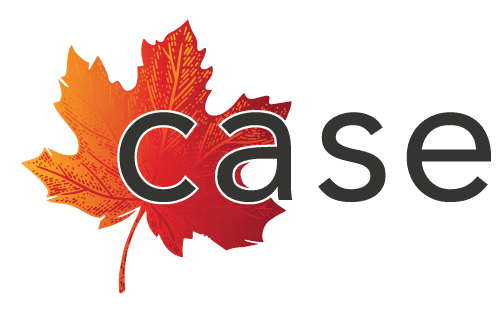December 3, 2022
Today is International Day of Persons with Disabilities (IDPWD), a day to recognize and celebrate the contributions made by people experiencing disabilities. IDPWD was declared by the United Nations General Assembly in 1992. For the past 30 years, has been a day to focus our collective energies to advance the rights and well-being of the 1 billion[1] citizens experiencing disability around the world, and to acknowledge and dismantle the barriers they continue to face. As we celebrate this day, CASE staff and board members renew our commitment to empowering supported employment service providers, employers, self-advocates, and community allies to create inclusive workplaces for all.
Here in Canada, there have been many significant steps forward. The UN Convention of the Rights of Persons with Disabilities was ratified in 2010[2], and the Canadian Human Rights Commission began monitoring the Convention’s national implementation in 2019[3]. The Accessible Canada Act was passed in 2019, with the aim of creating a barrier-free Canada by 2040. Further, we saw the important appointment of a Canadian to the UN Committee on the Rights of Persons with Disabilities in 2022. In addition to millions of skilled, talented employees and potential employees who experience disability, Canada is home to an incredibly dedicated community of service providers whose important advocacy work, innovation, and service delivery impact the lives of Canadians experiencing disability every day. Despite this progress, we have much work to do to create an equitable society for people experiencing disability, and to ensure access to fairly paid, competitive employment.
“The impact of meaningful employment and career development opportunities on one’s life is profound and lasting,” says Joanna Goode, Executive Director of the Canadian Association for Supported Employment. “Employment not only promotes financial security but also builds the social bonds required to experience full citizenship. We must ensure that the future of work recognizes and values the contributions that persons experiencing disability can bring to our workplaces.”
Despite the considerable efforts of government, employment service providers, and community organizations, just 59% of the 3.7 million working-age Canadians who identify as having a disability are employed[4]. This means that employers are missing out on the unique skills, education, and talent of approximately 1 million job seekers [5].
In 2020, CASE celebrated 25 years of working towards employment inclusion in Canada by providing a vehicle for supported employment service specialists to network and share resources. On this occasion, we would like to highlight some of our ongoing projects and initiatives aimed at increasing employment inclusion for persons with disabilities.
The MentorAbility Canada initiative is now in its fourth year, matching jobseekers experiencing disability and business mentors for mutually beneficial learning experiences, information-sharing events, and disability employment awareness month (DEAM) celebrations in October each year.
The CASE Innovation Lab, launched in 2021, supports collaboration with organizations across the country to identify, test, evaluate, and grow innovative solutions to address workforce challenges.
The Diversity Works research project undertook participatory, community-based research to explore the experiences of BIPOC who experience disability as they look for and maintain work with assistance from supported employment service providers.
The CASE Learning & Development team continues to provide high-value curriculum and learning opportunities for service providers, employers, and jobseekers.
In 2021 CASE also developed a submission to the Committee on the Rights of Persons with Disabilities, General Comment on the Article 27 of the UN Convention – the right to work and employment.
“On behalf of everyone at CASE, I encourage all Canadians to join us in celebrating International Day of Persons with Disabilities today, December 3rd,” continues Goode. “Acknowledging the profound contributions that people experiencing disability make to our workplaces, communities, and country is essential to maintaining our momentum as we build a stronger, more diverse and inclusive Canada.”
To learn more about the disability rights movement in Canada, visit: https://www.canada.ca/en/canadian-heritage/services/rights-people-disabilities.html
To learn more about the Canadian Association for Supported Employment, visit: CASE – Canadian Association for Supported Employment
[1] https://www.un.org/development/desa/disabilities/resources/factsheet-on-persons-with-disabilities.html
[2] https://www.international.gc.ca/world-monde/issues_development-enjeux_developpement/human_rights-droits_homme/rights_disabilities-droits_handicapees.aspx?lang=eng
[3] https://www.chrc-ccdp.gc.ca/en/action-plan-monitor-the-rights-people-disabilities
[4] https://www150.statcan.gc.ca/n1/pub/89-654-x/89-654-x2018002-eng.htm#a9
[5] https://www150.statcan.gc.ca/n1/daily-quotidien/200827/dq200827c-eng.htm

